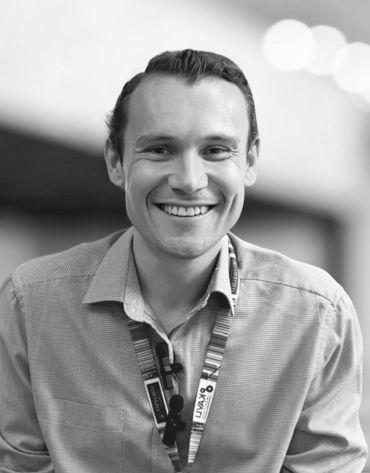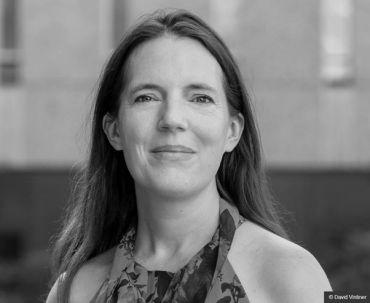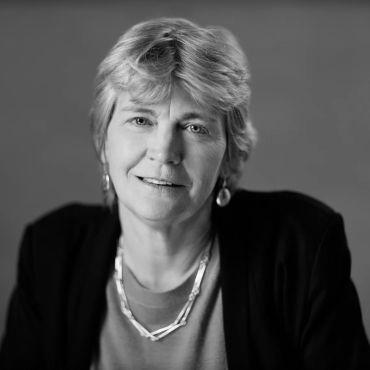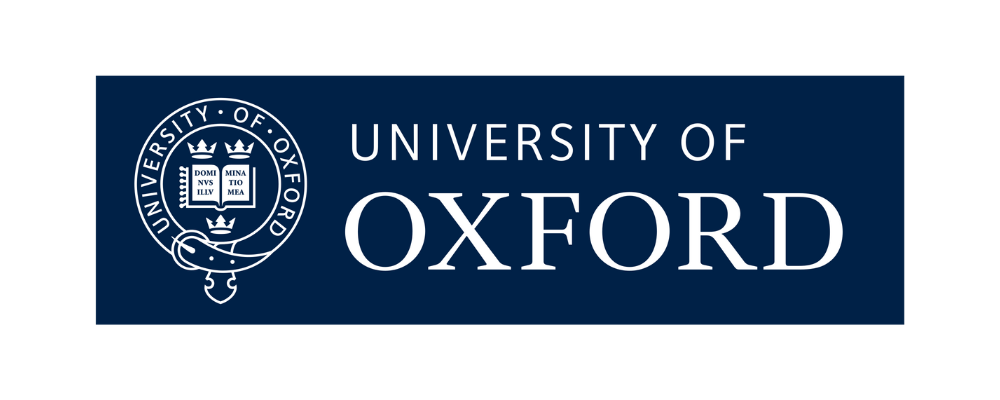The new Fellows have been elected to the Academy in recognition of their exceptional contributions to the advancement of biomedical and health science, cutting edge research discoveries, and translating developments into benefits for patients and wider society.
The Oxford Fellows are among the 54 new Fellows announced this year who will be formally admitted to the Academy at a ceremony on Wednesday 9 July 2025.
The new Fellows are:
Professor Charalambos Antoniades FMedSci, British Heart Foundation Chair of Cardiovascular Medicine, Director of the Acute Multidisciplinary Imaging and Interventional Centre (AMIIC) at the Radcliffe Department of Medicine, Deputy Head of the Division of Cardiovascular Medicine and Professor of Cardiovascular Medicine.
Professor Antoniades studies the mechanisms by which different adipose tissue depots in the human body affect vascular and myocardial redox state in atherosclerosis, as well as searching for novel therapeutic strategies targeting vascular and myocardial redox signalling directly or through changes in the crosstalk between adipose tissue and cardiovascular system.
Professor Simon Draper FMedSci, Professor of Vaccinology and Translational Medicine at the Department of Paediatrics and Kavli Institute for Nanoscience Discovery.
Professor Draper, whose research is focused on the development of blood-stage malaria vaccines, is one of 54 exceptional biomedical and health scientists awarded the prestigious Fellowship. The new Fellows have been recognised for their remarkable contributions to advancing medical science, ground-breaking research discoveries and translating developments into benefits for patients and the wider public. Their work exemplifies the Academy’s mission to create an open and progressive research sector that improves health for everyone.
 Simon Draper
Simon Draper
Professor Draper said: ‘I am delighted to have been elected to the Fellowship of the Academy of Medical Sciences and honoured that the work of our lab should be recognised in this way. All credit goes to the wonderful research team that I have had the privilege to work with over many years. Malaria continues to affect the most vulnerable in society, in the world’s poorest regions, and there remains an urgent need to develop improved vaccines to protect future generations. I am immensely grateful to my team for their tireless efforts in this regard, and to our partners and collaborators who are helping us to advance innovative solutions aimed at reducing the global burden of this disease.’
Professor Matt Higgins FMedSci, EP Abraham Chair of Structural Biology at the University of Oxford in the Department of Biochemistry.
Professor Higgins leads a research team who investigate the molecular basis for critical host-parasite interactions and use this insight to design improved immunotherapeutics. He studies how molecules from human-infective parasites stick to their human targets in processes such as red blood cell invasion in malaria and nutrient acquisition in sleeping sickness.
 Molly Stevens
Molly Stevens
Professor Dame Molly Stevens FMedSci FREng FRS, John Black Professor of Bionanoscience at the Department of Physiology, Anatomy & Genetics. She is Deputy Director of the Kavli Institute for Nanoscience Discovery and a member of the Department for Engineering Science and the Institute for Biomedical Engineering.
Professor Stevens is an international leader in ground-breaking biosensing technologies, transformative regenerative medicine and advanced therapeutics approaches.
Professor Stevens said: ‘I’m really honoured to be elected to the Academy of Medical Sciences, and I want to thank my fantastic team—past and present—for making this possible. Working with such a smart, collaborative, and creative group has been an incredible privilege.
‘A big focus of our work is making sure that innovation in diagnostics and therapeutics leads to more equitable access to healthcare. We’re always asking how we can design technologies that are not only cutting-edge but also affordable and practical for use in low-resource settings. It’s been especially rewarding to see the impact of our work on global health challenges.
‘I’m excited to join the Academy and look forward to the opportunities it offers to advocate for more equitable access to healthcare.’
Professor Naomi Wray FMedSci FAA, FAHMS, Michael Davys Chair of Neuroscience (Psychiatric Genomics) at the Department of Psychiatry.
Professor Wray is a Professorial Research Fellow in the Department of Psychiatry and Big Data Institute. Her research focuses on development and application of quantitative genetics and genomics methodologies across complex diseases, disorders and traits, but particularly psychiatric-related traits.
Professor Wray said: ‘Psychiatry disorders are the most enigmatic in medicine and so I am passionate about using the skill set of statistical analysis of big genetic data to gain insight into causes of these disorders with the long term goal of improved prevention, diagnosis and treatments. I am delighted to be elected as a Fellow of the Academy of Medical Sciences which acknowledges the work of my teams at the University of Oxford and University of Queensland, Australia. I worked part-time for many years and so hope to be a role model for other women in science.’
 Naomi Wray
Naomi Wray
Professor Andrew Morris CBE FRSE PMedSci, President of the Academy of Medical Sciences, said: ‘It is a privilege to welcome these 54 exceptional scientists to our Fellowship. Each new Fellow brings unique expertise and perspective to addressing the most significant health challenges facing society.
‘The breadth of disciplines represented in this year’s cohort – from mental health and infectious disease to cancer biology and respiratory medicine – reflects the rich diversity of medical science today. Their election comes at a crucial time when scientific excellence and collaboration across disciplines are essential for addressing global health challenges both now and in the future. We look forward to working with them to advance biomedical research and create an environment where the best science can flourish for the benefit of people everywhere.’
“The University of Oxford is a collegiate research university in Oxford, England. There is evidence of teaching as early as 1096, making it the oldest university in the English-speaking world and the world’s second-oldest university in continuous operation.”
Please visit the firm link to site


